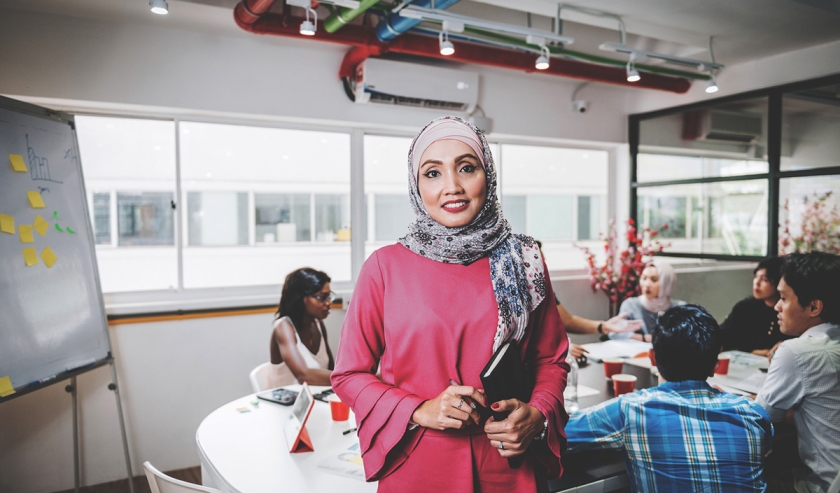CEI experts are this year sharing expertise across Asia and beyond, through multiple training and education projects led from our Singapore office – from targeted short courses to a formal Master of Science degree.
Studies show that a lack of knowledge and skills is a key factor preventing mobilisation of research. For CEI, building up our partners' capacity to leverage evidence is a key means we can help them make impact.
“An important part of CEI’s work is building cultures for improved evidence use,” says Mary Abdo, Managing Director in Asia. “It’s a key need we hear articulated in the sector. And it helps CEI and our partners advance our common mission. The more professionals with the know-how and support to use evidence well, the more good we can all do.”
CEI’s current work to build cultures for evidence use in Asia covers a range of content and formats. CEI training and coaching is bespoke, drawing on our expertise and experience, while delivering something fit for purpose and context.
Some recent examples include:
- Master’s course development with BISI: CEI’s experts will be teaching within the new Master of Science in Behavioural and Implementation Sciences in Health (MScBIS), offered by National University of Singapore’s Centre for Behavioural and Implementation Science Interventions. Commencing later this year, it is the first course of its kind in Asia. Course applications are now open, until June.
- AVPN Sustainability Seed Fund capacity-building: CEI recently led 13 environmental and community not-for-profits from across the Asia-Pacific on a 15-hour deep-dive learning journey to improve how they measure and communicate their impact. The organisations have diverse objectives, including mitigating the effects of climate change, clearing ocean debris, providing carbon-neutral technologies and supporting communities – from Australia and Indonesia to India. The three-session training course, “From ripples to waves: Measuring and communicating your impact”, was supported by AVPN's APAC Sustainability Seed Fund.
- Civil Service College implementation science course: Singapore’s Civil Service College has commissioned CEI to design and present a two-day implementation science course for public service project managers and policy officers. The goal is to build a corps of professionals who can design policy with implementation in mind from the outset. “The course will equip these civil servants with key principles to inform their work, including an understanding of the stages of implementation, how to assess readiness, implementation planning, and improvement cycles,” says Mary.
- Module for graduate early childhood educators on inclusion: Director in Singapore, Dr Cheryl Seah, and Advisor Esther Goh are teaching the study module “Valuing Diversity: Inclusive Early Childhood Care and Education” at the Singapore University of Social Sciences. Part of a Master’s degree for experienced educators, the module focuses on inclusive educational philosophies and approaches, as well as developing intercultural intelligence and sensitivities to cater for the needs of children and families with diverse backgrounds (focusing on the period from birth to six years of age).
More information on CEI's work in capacity-building is HERE
